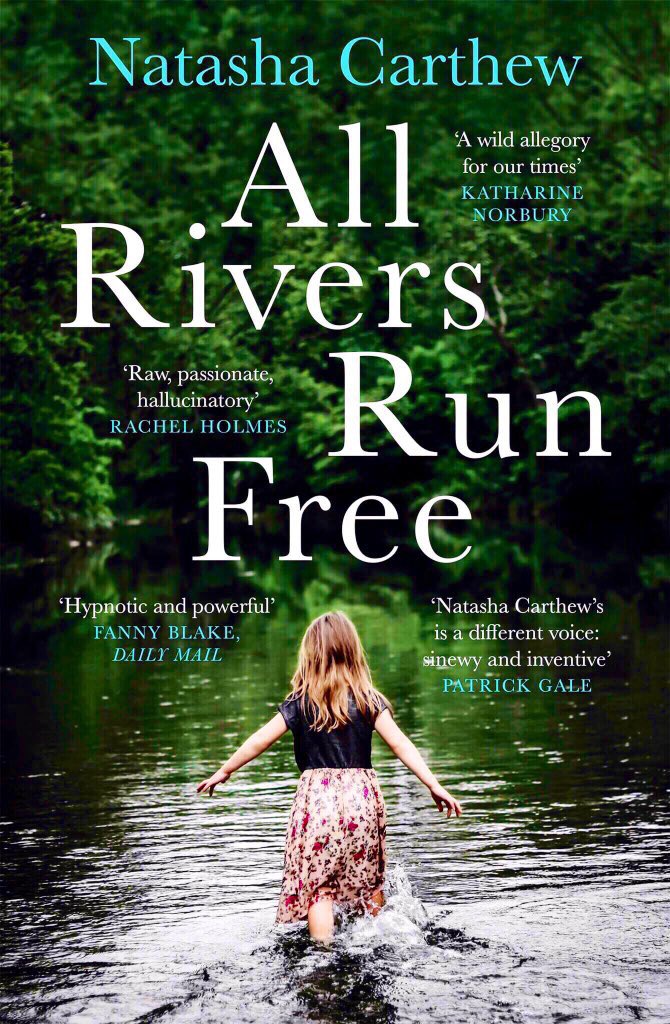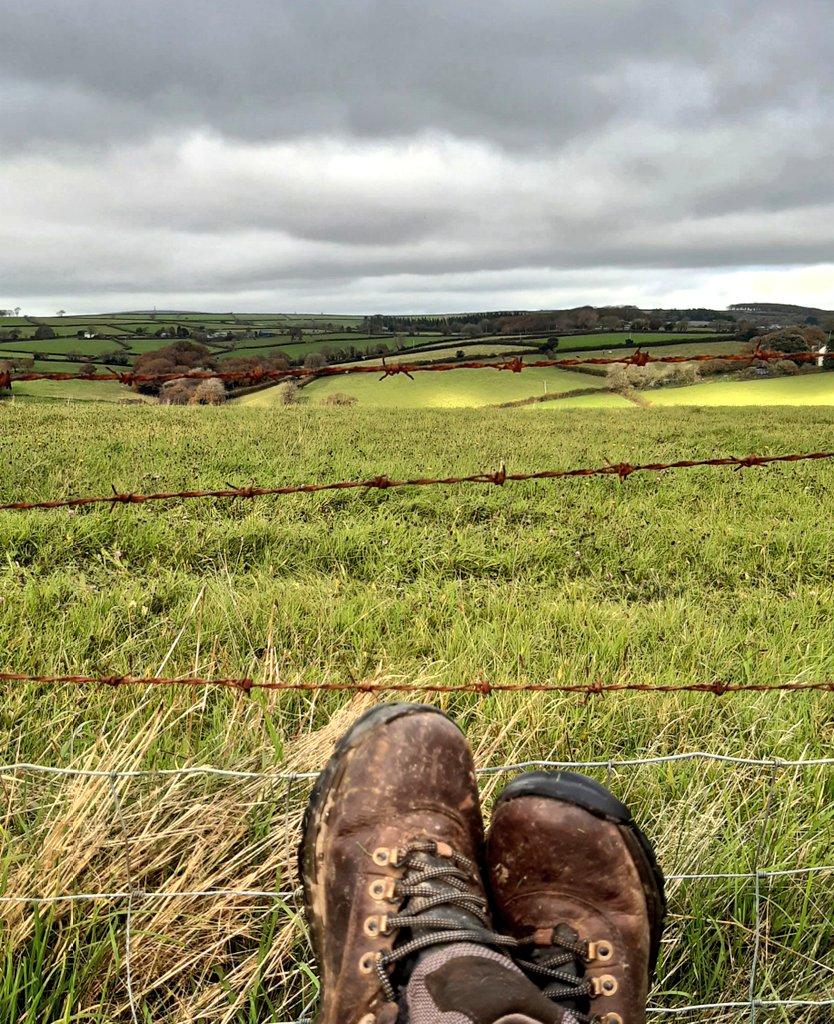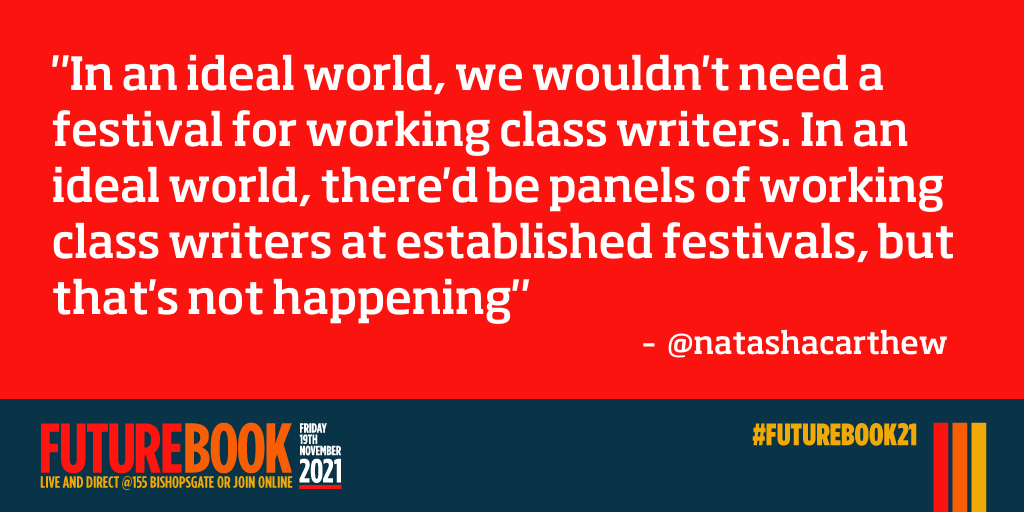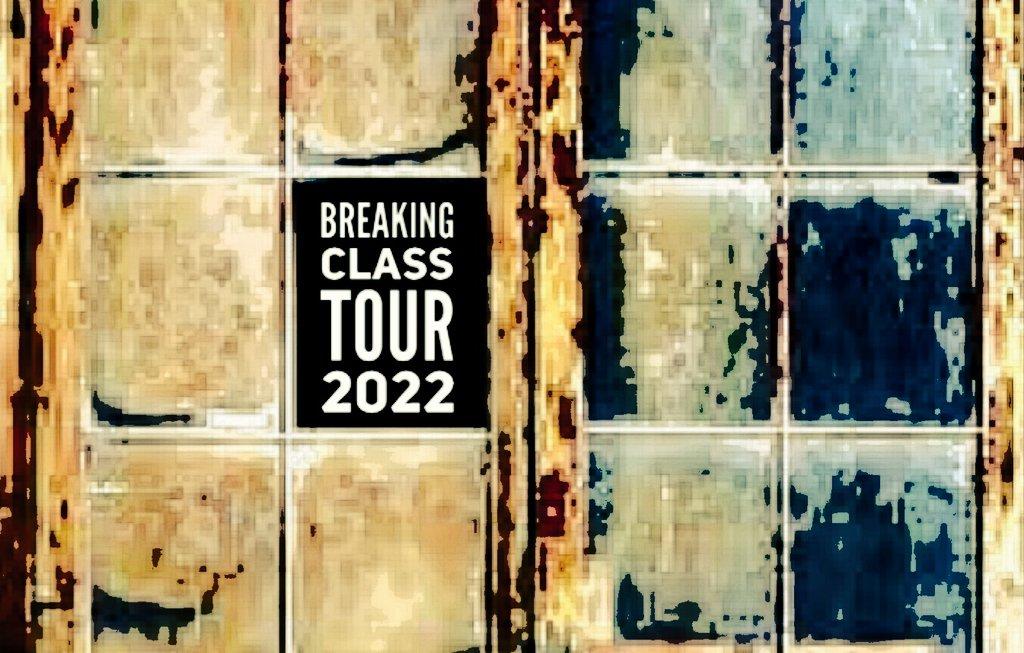An esteemed writer of fiction and non-fiction; a passionate advocate of rural and socio-economic issues; artistic Director of ClassFest, a much-lauded festival that “celebrates the work of working-class writers and gifts our community with a sense of pride”, Natasha Carthew is nothing short of inspiring.
Hot on the heels of the success of the inaugural ClassFest (recently Highly Commended in the Discover category of the 2021 FutureBook Awards), we couldn’t be more delighted to have spoken to Natasha for this Industry Insights article (not least because we’ve long-loved her novels). Read on to discover more about her background, work, and impressive plans to take the ClassFest show on the road in 2022.

What first drove to you write? What was your path to publication like?
I was born and raised on the south coast of Cornwall in a village called Downderry and have always taken inspiration from my homeland. I left school at 15 with next to no qualifications and from there I embarked on a mixture of low paid jobs whilst I worked on my writing career (readers might be interested to listen to this article I wrote and read for BBC3 about the coastline of my youth!).

I have always been a writer; it was never a conscious thing because it was something I always did. I still have a box of ‘books’ that I wrote whilst I was primary school age and before I could write, I told stories that went on for hours to keep from having to go to bed.
I have always written poetry and I had work published in reputable magazines in my teens and twenties that led to the publication of two books, but as the years went on I realised I was always trying to group poems together, trying to make a bigger story and it was then I started to write Winter Damage.
I consider myself a Country Writer; rural/socioeconomic issues, the environment and nature are always at the forefront of my work.
What are you most proud of having written?
I’m proud of all my books, like a parent asked to choose between their children, it’s hard, BUT, the book that is closest to my heart has to be All Rivers Run Free, my first literary adult fiction which published with Quercus/Hachette in 2018; when the first review arrived from cultural commentator Rachel Holmes (‘Raw, passionate, hallucinatory. Reading ‘All Rivers Run Free’ was to be lured by an edgy siren voice of fierce womanhood’), I knew I had written a heartfelt love letter to my beloved Cornwall.

Do you approach writing for young adults and adults in different ways?
A little secret here, I didn’t write Winter Damage (my first fiction) with a Young Adult readership in mind, but a Young Adult editor who had grown up in Cornwall came across the manuscript when it was on submission and made an offer that I couldn’t refuse! Ten years ago the world of YA was just starting to really take off, and because the main protagonist was fifteen, it seemed perfect at the time. Looking back I still consider it an adult book, some of the themes and issues I explore can be challenging and that goes for all three of my Young Adult books with Bloomsbury. The biggest fans of my YA are not young adults, which proves my point, but I also think it’s a shame that those three books didn’t get the readership they deserved because of the YA label.
Could you tell us more about your latest book, Born Between Crosses? What sparked the idea?
Born Between Crosses is an interconnecting collection of stories that address the challenges both past and present that relate to rural Working-Class Women, stories that are vital in their truthful re-telling of this lost corner of diversity. All poems and prose-poems in this collection are be based on lived experience and founded on accurate accounts that mirror each other in the way that Working-Class Women have been ignored throughout history.
Each story relates to working-class women from a low-wage ‘work’ perspective, including childcare, harassment and issues that surround the gender pay gap. When I wrote this book I was interested in the women who are still trying to scratch out a living as cleaners, care assistants, bar workers, prostitutes and farm and factory workers.

What are you currently working on?
I’m currently working on my Memoir! It’s all very top secret but you’ll know more about it and the publisher in the new year!
Describe a typical working day in the life of Natasha Carthew.
I spend most of my time outside writing in my cabin outside my home in Cornwall that I built from scrap wood. I constructed the cabin ten years ago and it is where I wrote Winter Damage, The Light that Gets Lost and Only the Ocean (all for Bloomsbury), All Rivers Run Free (Quercus/Hachette) Song for the Forgotten (National Trust Books) and Born Between Crosses (Hypatia Publications) and my short story for HAG: Forgotten Folktales Retold (Virago Press), all written in longhand.

I start writing from 8am and work for a couple of hours before heading out for an hour hike around the fields where I live in the Tamar Valley. After lunch I write for a further 3 to 4 hours. I aim to write 2000 words a day now that I’m writing non-fiction (with fiction it has always been circa 3000 words per day).

What spurred you to found the Working-Class Writers’ Festival? Did it have a long gestation period? What were the biggest challenges you faced in getting it up and running? As Artistic Director, what are you most proud of?
From the initial idea to the festival going live it was three years. I’d say the biggest challenges was deciding who to book, there are so many incredible working-class writers in this country with so many incredible books that I had to make some hard decisions.
I’m most proud of creating a festival for future generations of writers, an accessible festival that not only pays its speakers the same amount (plus travel and hotel), but celebrates the work of working-class writers and gifts our community with a sense of pride. ClassFest not only provided a platform for working-class writers, but by making all events and workshops free, it set precedence among future festivals to make attendance more affordable and accessible to all.
What were the highlights of this year’s festival? (Huge congrats on being Highly Commended in the 2021 FutureBook Awards!).
The entire festival was one big beautiful highlight! It was important for me to have a festival that had our working-class community at its heart and every single person who came to ClassFest either as a guest speaker or audience member (from all social classes) felt that buzz of belonging. I’m hugely proud of bringing so many different people together, from so many diverse backgrounds, cultures and countries.

What are your plans for next year’s festival? What would do you differently? What would you like to do more of?
Once I secure funding I can start to plan for 2022! I’m currently looking for festival sponsors and sponsors for my BREAKING CLASS TOUR where I’ll be travelling the country chatting about working-class issues & barriers to success for writers & people working in the publishing industry. Further details here.

There’s not much I’d do differently, but I would like to have more hybrid panels so writers with disabilities and chronic illness can take part in panel discussions, I’d also like to build on the online writing workshop partnerships that we had this year, including Arvon Foundation and The Women’s Prize.
What advice do you have for aspiring working-class writers?
Nobody is against you because of your background! Agents and Editors are always on the lookout for authentic voices, so don’t be pulled down by negativity, especially on social media. My festival is testament to all the incredible books being published so write what you want, but write it from the heart.
Discover more:
Head here to find out more about the festival, follow the festival on Twitter at @classfestival (#classfest21), and follow Natasha on Twitter here.


.jpg)
Comments (0)
Leave A Reply
You must be logged in to post a comment.